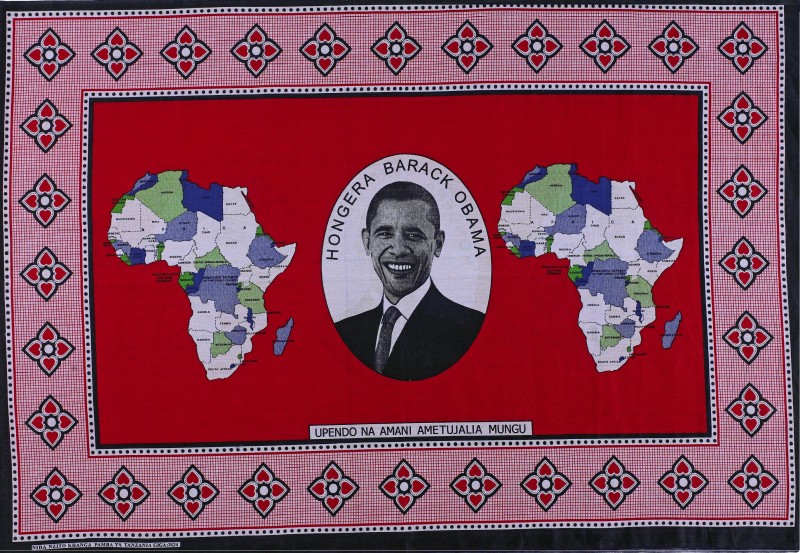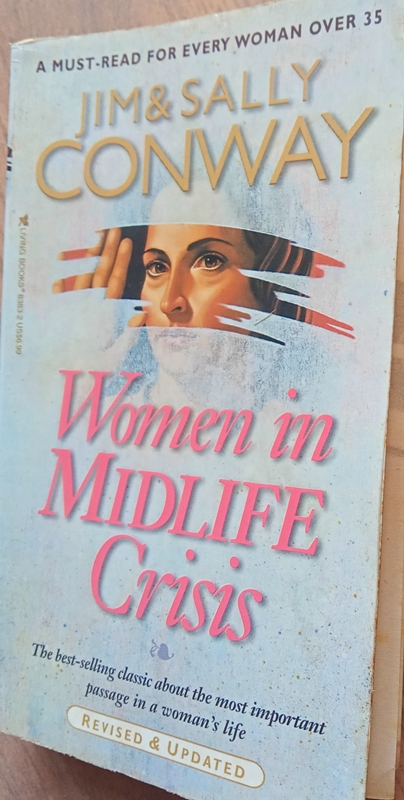By Caleb Kola Okello
Published July 25, 2015
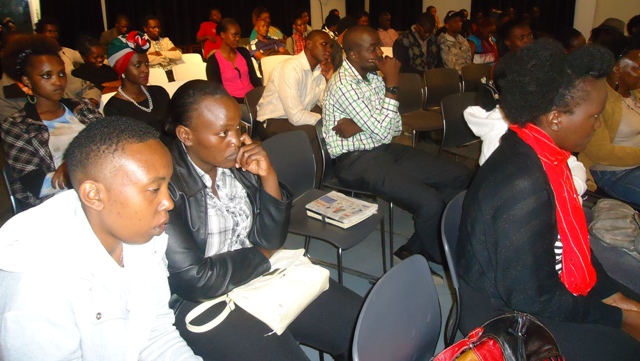
A film examining Kenyan society through a women’s self-improvement movement known as Chama (group in Kiswahili), premiered in Nairobi, Kenya, on June 29, 2015.
RELATED: Film Provokes Debate on High Production Values at Monthly Film Forum
The 25-minute movie titled 15TH MEMBER and the first episode of a television series, appears to be based on Kenya’s national motto, Harambee (let’s pool resources together), and on the African saying, many hands make light work.
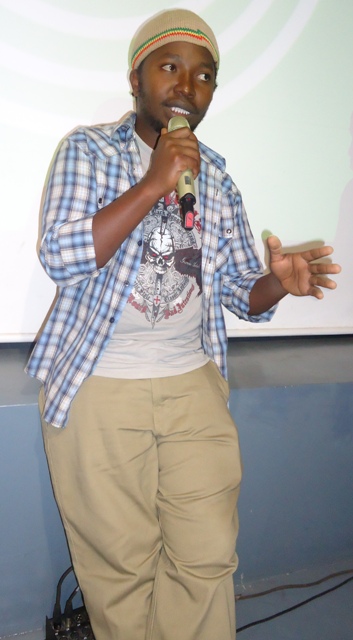 Through chama or informal groupings based on mutual interest, friendship and trust, women have empowered themselves financially and met pressing family and personal needs.
Through chama or informal groupings based on mutual interest, friendship and trust, women have empowered themselves financially and met pressing family and personal needs.
But like every human institution, chamas aren’t immune to vice like corruption, blackmail, back-stabbing and other intrigues that play out in the wider community as was seen in the Firul Maithya-directed and Joseph ‘Kushnah’ Simiyu-produced film that premiered at Nairobi’s premier critical film platform, the 87th monthly Lola Kenya Screen film forum (LKSff), on June 29, 2015.
RELATED: How Much Can the Centre Hold When East Courts West?
The film revolves around social issues that can easily be related to by ordinary Kenyans; its storyline is both informative and rich.
However the film lacks good sound in some scenes. Vicky Bakile, a film producer, said the poor sound production could have been dealt with by an after production sound replacement.
Another area that elicited debate was the structure of the story. Viewers were split on whether the first episode was complete.
“It doesn’t matter whether it’s a one-minute film or whatever. Every film has to have a beginning, a middle and an end,” said Loi Awat, a filmmaker producer.
Another issue was the naming of the characters; did names like Mama Simsim, Tausi or Agiza have any significance? Daisy Okoti, the discussion moderator asked.
“No, ” Maithya said. “I concentrated on the creative and technical aspects of the film, not on the names.”
RELATED: Lola Kenya Screen Marks Five Years with Critical Writing and Creative Documentary Film Workshops
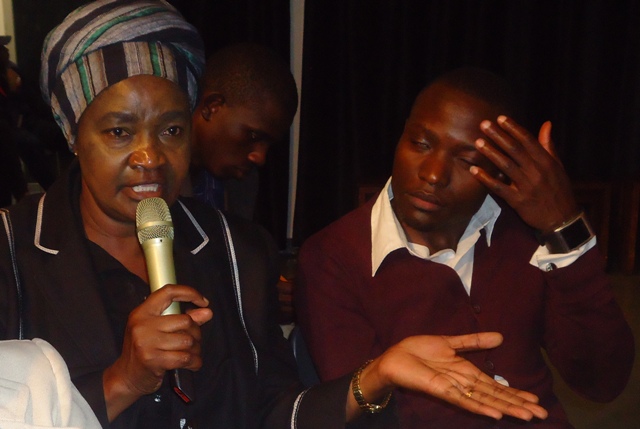
“As a director you must care about your characters and their names; you cannot say you did not give much care to names. You must stand firm and reject what does not work for you. If anything goes wrong in a film it’s the director who’s answerable,”Margret Odengo, a journalist, said.
The film uses mainly English, Kiswahili and Sheng as the mode of communication, something that blends well with Nairobi where the film is set. However, by not subtitling the series in English, the filmmakers appear to have limited its distribution.
 Both Maithya and Simiyu can be said to be products of the Lola Kenya Screen (LKS)’s skills-development programme. While the latter has undergone LKS’s mentorship for children and youth in film production, the former has, since his college days, attended every single gathering of LKSff. Both are film enthusiasts and actively engaged in the country’s fledgling film sector.
Both Maithya and Simiyu can be said to be products of the Lola Kenya Screen (LKS)’s skills-development programme. While the latter has undergone LKS’s mentorship for children and youth in film production, the former has, since his college days, attended every single gathering of LKSff. Both are film enthusiasts and actively engaged in the country’s fledgling film sector.
RELATED: Successful Filmmaking is Driven by Cultural Authenticity
Also screened during the LKSff was WIE SIMON SEINEN VATER VERLOR (How Simon Lost his Father), a 24-minute drama starring a 10-year-old boy who, despite the shock from a sudden tragedy, tries to lead a normal life. The film, a 2015 production written and directed by Michael Podogil of Germany, was shown in the Child fare segment of the programme whose aim is to encourage eastern Africans to make films for, by and with children and youth.
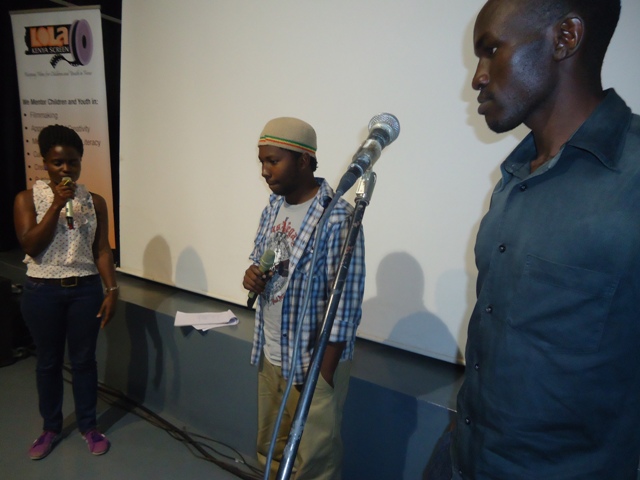
The 88th LKSff is on July 27, 2015. In focus shall be ANGELINA by Micugu Njenga, DECEIT by Mark Wambui, and TRUCK MAMA trailer by Zipporah Nyaruri besides a surprise film for children and two documentaries on LKSff.
RELATED: East Africa Comes to Nairobi’s 9th Lola Kenya Children’s Screen


